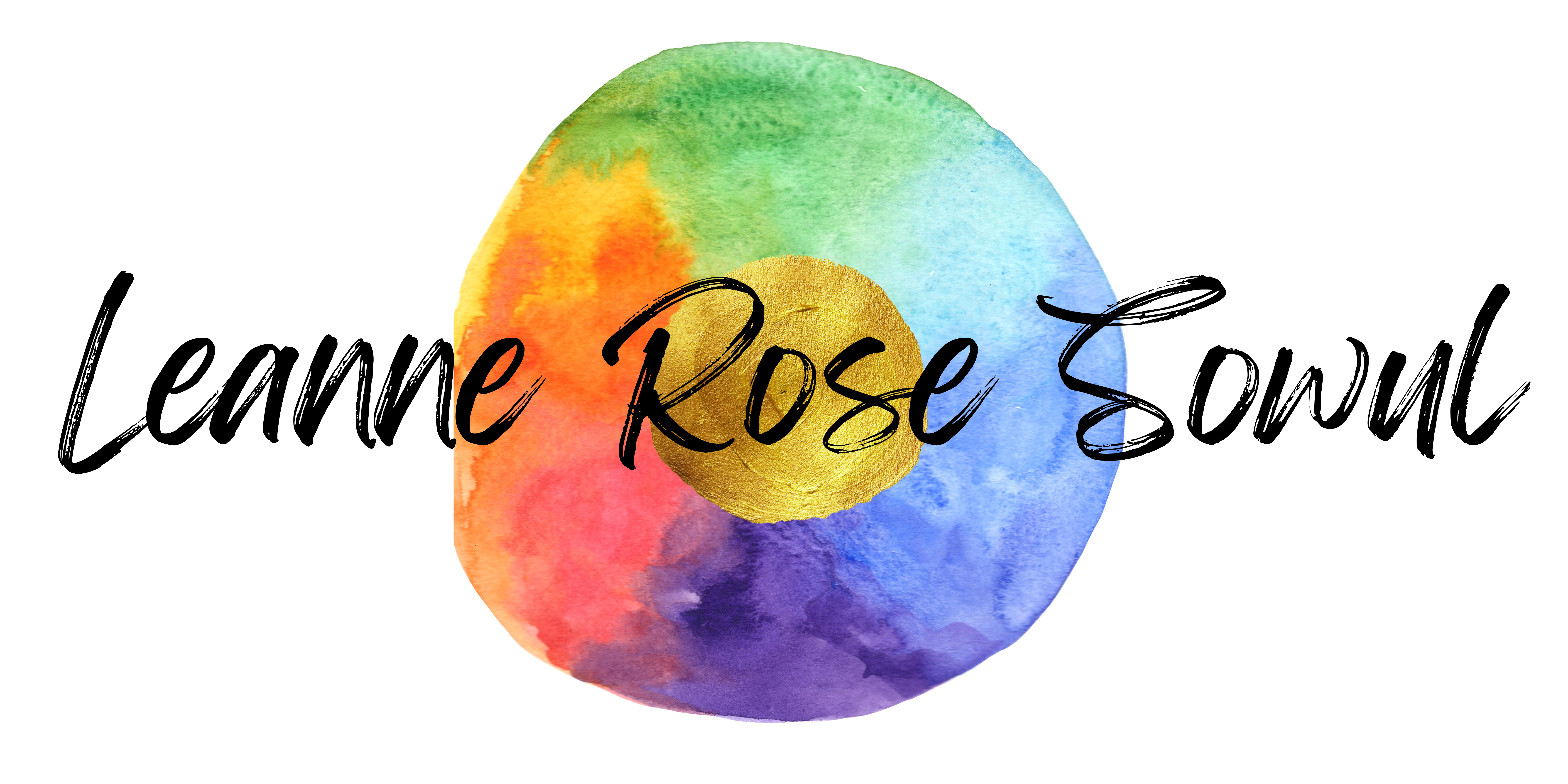Welcome to Part 2 of the October Friday Book Review! (Click here for my last post on The Birth Order Book.) This week I’m doing a long-overdue homage to one of my favorite authors, Gail Collins. Most people know Collins as a writer/editor for the New York Times; however, I think her greater contribution to social dialogue lies in her two books on women’s history: America’s Women and When Everything Changed: The Amazing Journey of American Women From 1960 to the Present.
I read America’s Women first, and I loved it so much I’ve read it several times since. (Interesting fact: this book is on Leslie Knope’s bookshelf on Parks and Recreation.) It tells the story of American women from the birth of Virginia Dare in 1587 all the way to the birth of the Equal Rights Amendment in the 1960s. When I came across its sequel, When Everything Changed, at a library book sale, I almost jumped out of my pants; I couldn’t wait to read the continuation of the story.
These books are highly detailed historical and sociological accounts of women in America, but they read like juicy, gossipy novels. In America’s Women, you’ll learn how couples managed to procreate in those one-room cabins and hear the story of the pioneer woman who was widowed seven times. In When Everything Changed, Collins describes the public outcry when Barnard College tried to ban opposite-sex coeds from living together off campus, and the office ambush of the editor of the Ladies’ Home Journal by members of the feminist movement.
Aside from being wonderfully engaging and entertaining, I recommend every woman read these books for the following reason: we need to know our social history. In particular, I appeal to women of my generation, born around 1980 and onward. We stand on the shoulders of a long and difficult struggle for the rights and privileges we currently take for granted. We can’t appreciate all we have or what is still left to do without full understanding of the hopes, dreams and trials of the women who came before us.
Let’s take control of our future by understanding our past. (And also, read about how pioneer women cleaned diapers. Have you ever thought about that?)


